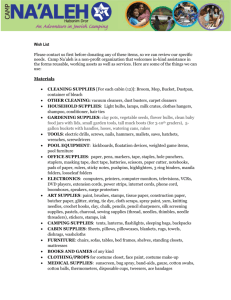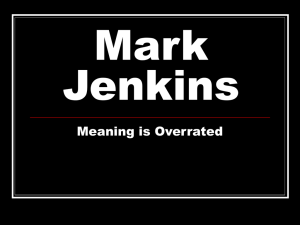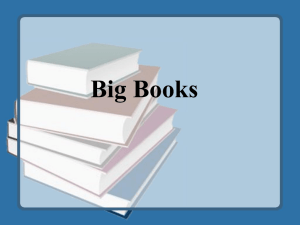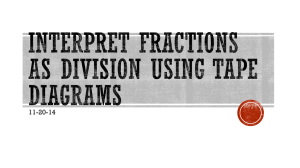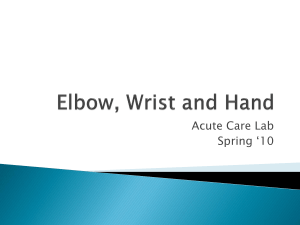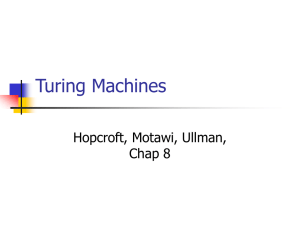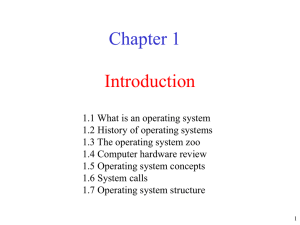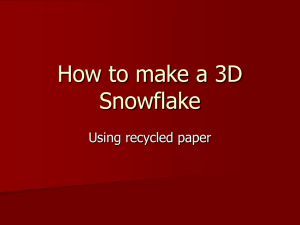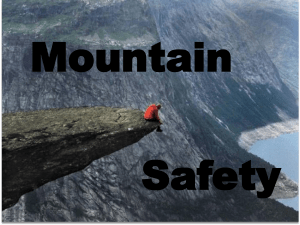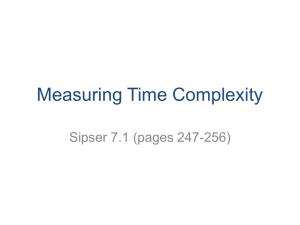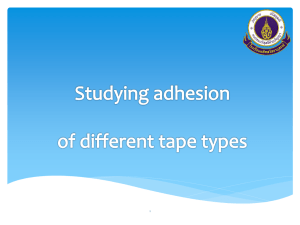Using Process Art with Young Children - MnAEYC
advertisement
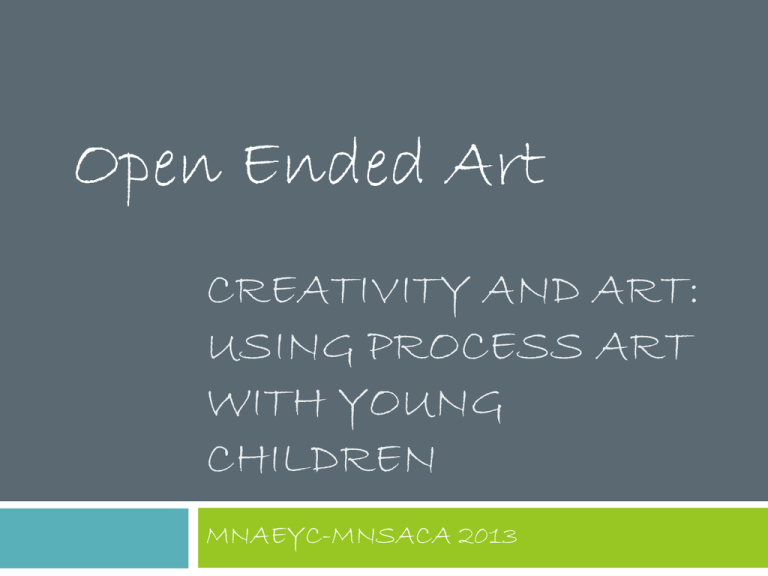
Open Ended Art CREATIVITY AND ART: USING PROCESS ART WITH YOUNG CHILDREN MNAEYC-MNSACA 2013 Margaret Mahowald 10 years at Calvary Lutheran Church of Golden Valley K-bound Teacher-4’s & 5’s Early Childhood Enthusiast Goals for today: Why is process art Developmentally Appropriate(DAP) for NAEYC Learn about using tools and materials for creative representation Discover opportunities for creative representation beyond the art area Time for hands on exploration of materials Take at least 1 NEW idea to your classroom Young children “do” art for the experience, the exploration, the experimentation. In the “process” they discover mystery, creativity, joy, frustration. Children should be encouraged to be independent in artistic process rather than striving for a finished product. MaryAnn F Kohl, Preschool Art Where I am coming from NAEYC Minnesota Early Learning Standards High/Scope Creative Curriculum 11 years in the classroom Eager to learn, try, and experiment with new things My start…first day of teaching The letter is A-we will: Make thumb print ant with ink and markers Paint apple shapes at the easel-no paint mixing! flannel board Way up high in the Apple Tree Practice writing ‘A’s’ on lines and color the shape of an apple Send home the ‘A’ die cut Now…11 years later Calvary Childcare Center Ink pads are available if a child would like, children rarely uses just one finger In September we taste tested apples, after many children talked about their weekend trip to the Apple Orchard Coloring sheets and worksheets are NOT allowed Children take home items that they have created, drawn, cut, traced, glued, etc-if they allow, we hang it up in the classroom for a bit. Change in planning… We/I always…. It would be cute if…. I saw this craft project in a resource book…I think I will try it. I will precut shapes, count out google eyes, and make a model… We always make Christmas trees It would be cute if… Cute… I will get the supplies counted and make a model… No more “Use only 2 google eyes” Process vs. Product Process Open-ended No expectations Doing Experiment Discover Explore “I wonder” Product Specific result Discourage creativity “cookie cutter” Child not actively engaged Expected outcome “Do it this way” Art vs. Craft Art Free Unique Creative original Craft Follow certain steps Similar/identical End result valued copy Self-expression *it’s not all bad! Art vs Craft Meeting in the middle Product art isn’t a worst case scenario. Possible to incorporate artistic processes into a product based activity Ie child created cards Easel painting in shapes Colors to fit a theme “Today we are going to make animals for our jungle mural…what should we use?” Art in the classroom-NAEYC Dance Music Drama Visual Arts NAEYC-Visual Arts-Preschool 1. Developmentally appropriate Classroom teachers or specialist art teachers give children opportunities to explore various art materials (ie markers, paint, clay) to use in creative expression and representation. They talk with children about their art. Teachers have children revisit projects and media, giving them opportunities to revise and expand their ideas and refine their skills. NAEYC-Visual Arts-Preschool In Contrast… To avoid mess, teachers provide only a very limited selection of art materials or allow children to use materials only under highly controlled conditions Teachers introduce only a few art media and methods that they enjoy or know. NAEYC-Visual Arts-Preschool Developmentally appropriate 2. Teachers do not provide a model that they expect children to copy. However, they demonstrate new techniques or uses of the material to expand children’s options. NAEYC-Visual Arts-Preschool In Contrast Emphasis is on the product children make, and teachers typically provide a model that children are to reproduce (thus, children’s products all look identical). They often give children tasks such as coloring in forms on printed pages, and they emphasize “coloring inside the lines.” Teachers “fix” children’s work if it does not meet expectations. Child directed Follow their lead! You will go to wonderful places! Art Area-Studio-creation station Inviting Organized Labeled Art Area-Tools and materials Always available Colored Pencils Crayons Paper Envelopes Stencils Collage Tray & Scrap Box Masking Tape Glue, Tape, Stapler, Scissors Art Area Available upon request Large paper Construction Paper Ink Pads Pipe cleaners Dot Markers Any previously introduced material Easel is not just for paint! Markers Crayons Highlighters Pencils Sponges Take the easel outside Take the easel to the window Paint Tempra Watercolor Liquid watercolor Tempra powder Foam Glitter Collage Collage Tray 4-5 various materials available no limits organized Glue, tape, and scissors available Work can be revisited Collage Tray Invitation to explore… Drawing……..writing Crayon Pencil Oil Pastels Pens Markers Dough and clay Cutters Animals Beads Nature Scissors Straws Plates What else…???? Tape, Scissors, and Staplers Clear tape Packing tape Masking Tape Colored masking Tape Tape Flags from 3M Florist Tape All kinds of scissors Yes! Staplers Beautiful Stuff Leave the art area… Is it a success? How can we assess if the area is working? More than the Art Area Home Living Block area Sensory Table OUTSIDE Clipboards always available to make the art area mobile. Home Living/Dramatic Play Sensory Table Large Group Time Create class collage Class sculpture Give everyone a clipboard Small Group Time Time to introduce new materials
